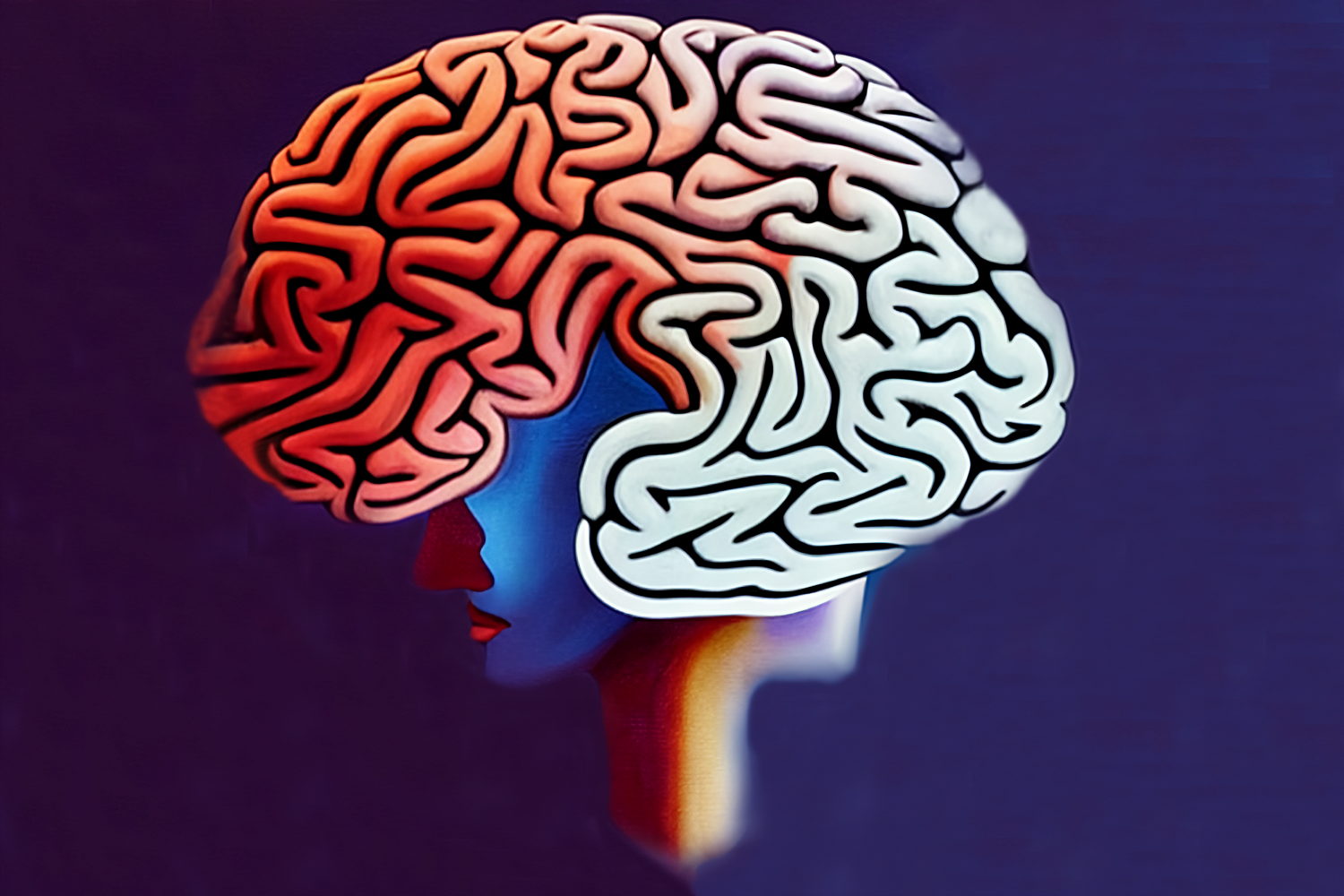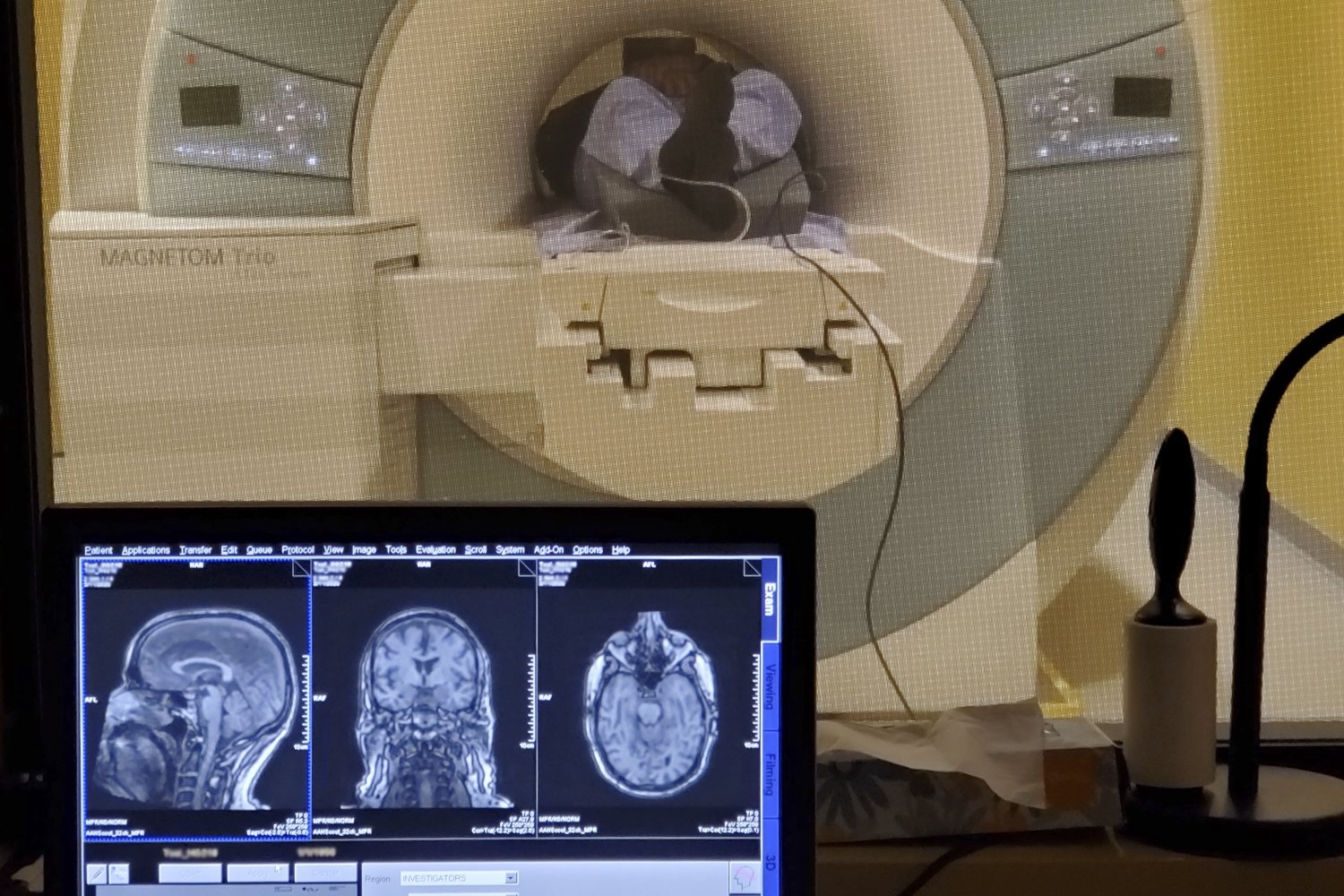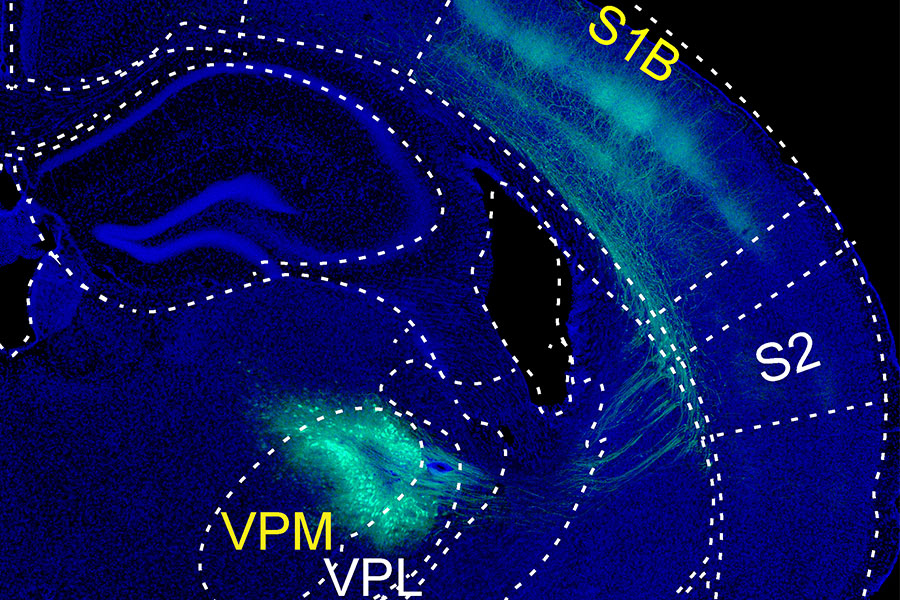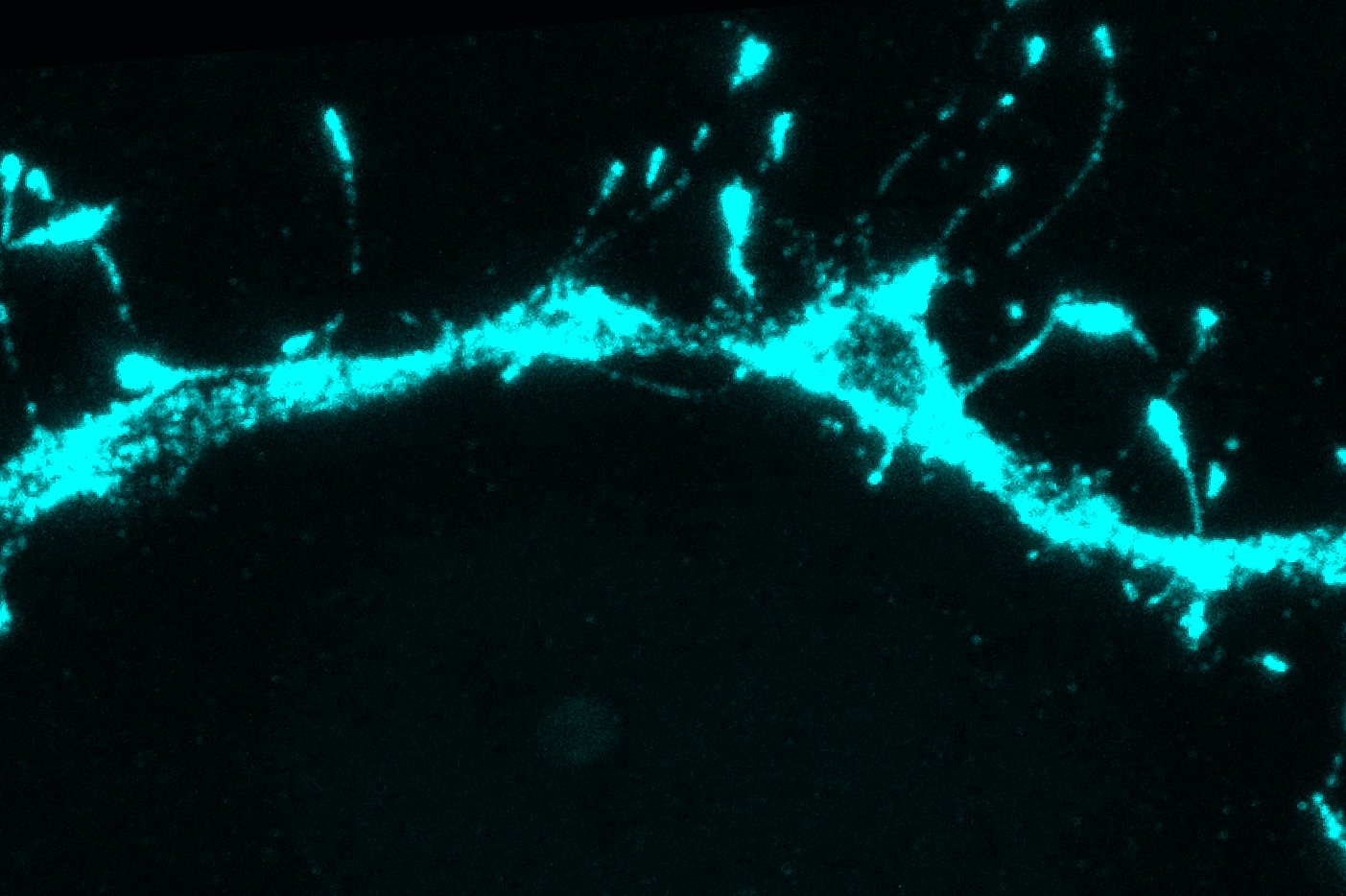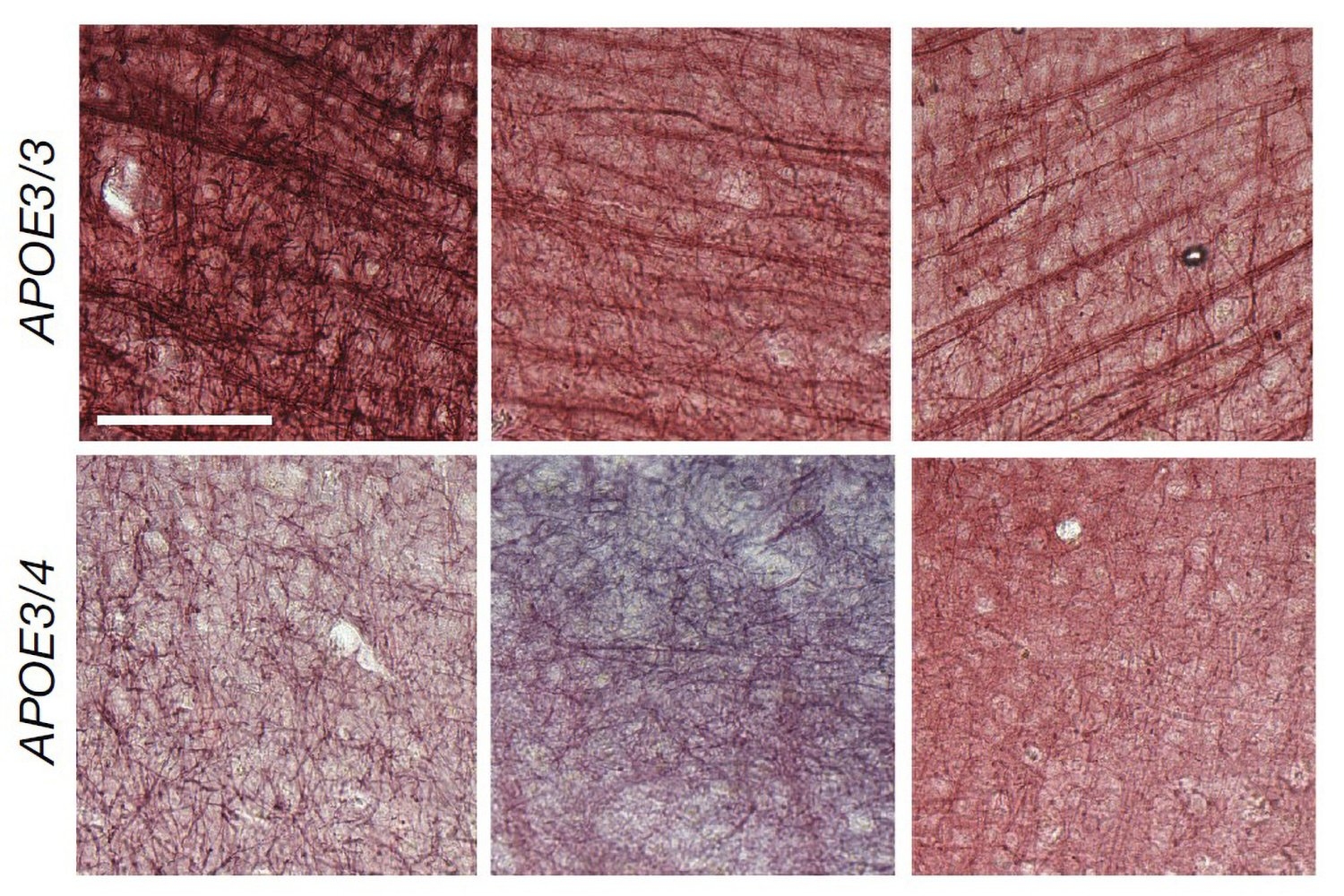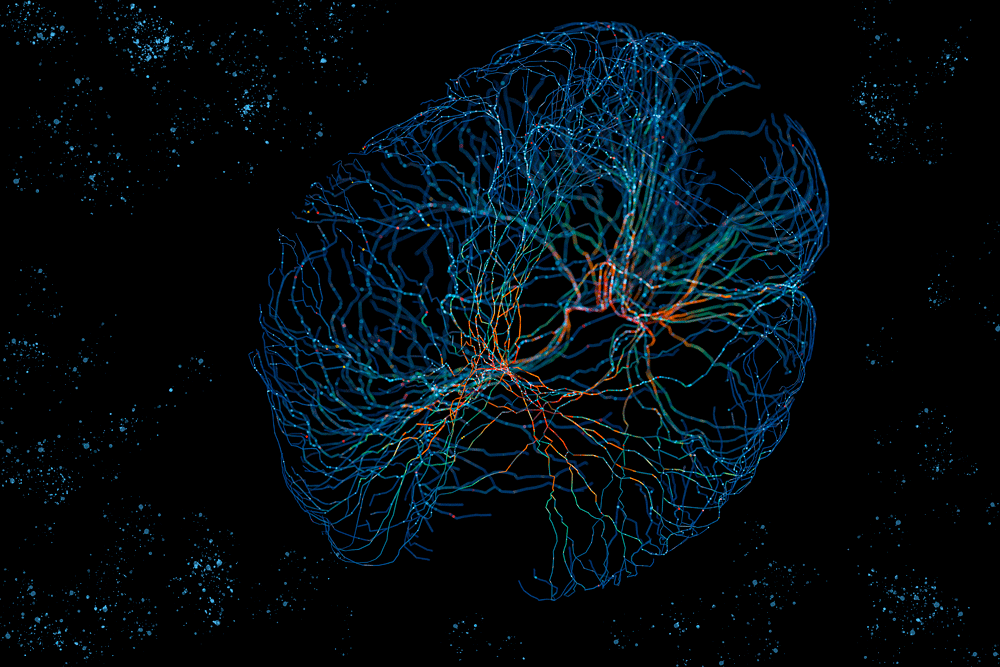Alzheimer’s risk gene undermines insulation of brain’s “wiring”
In people carrying APOE4, a key brain cell mismanages cholesterol needed to insulate neurons properly — another sign APOE4 contributes to disease by disrupting brain lipids.
David Orenstein | Picower Institute for Learning and Memory •
mit
Nov. 22, 2022 • ~8 min
Nov. 22, 2022 • ~8 min
/
64

